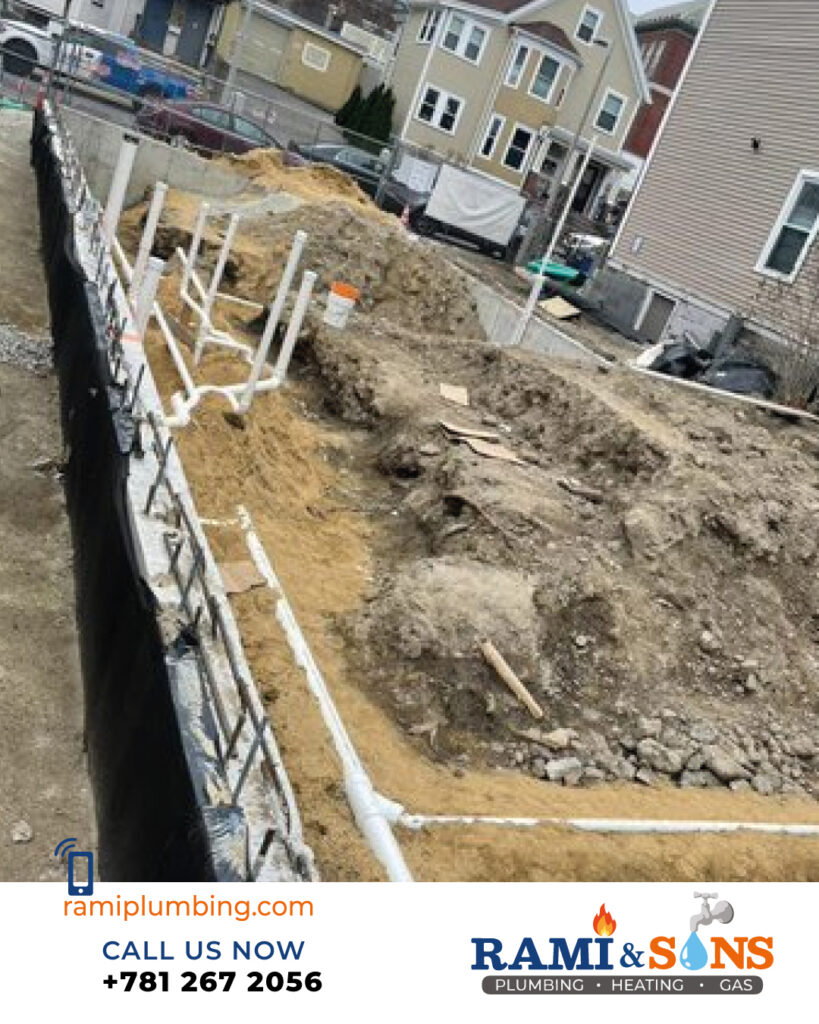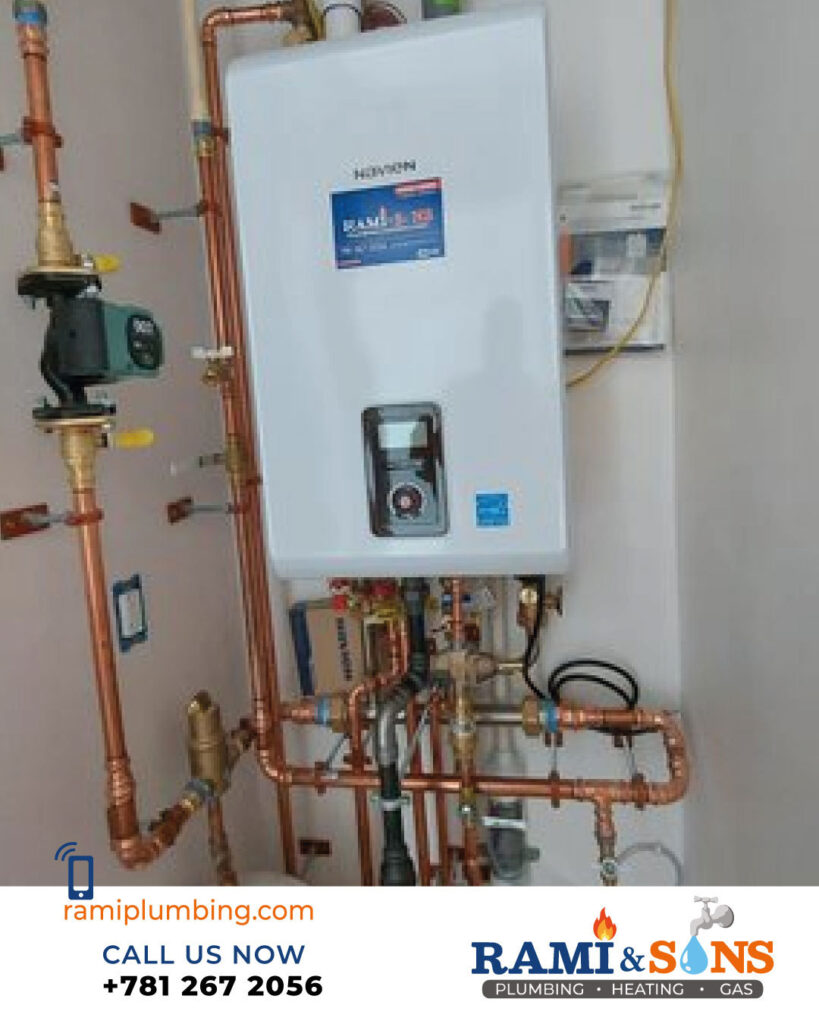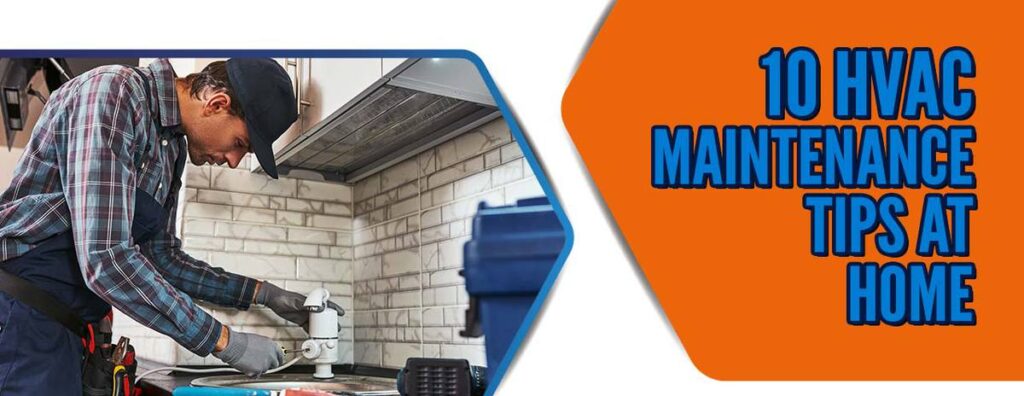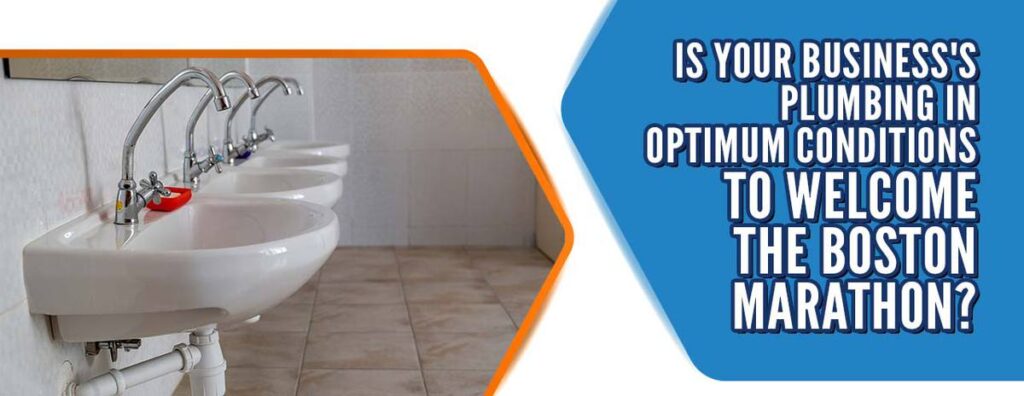10 HVAC Maintenance Tips at Home
We have to refer to the meaning of the acronym for HVAC, which is nothing more than the air conditioning and ventilation system of any interior, that is, houses, apartments, offices, companies, hospitals, and, in general, any space that requires them.
HVAC TIP: The maintenance of the carbon monoxide detector is essential since it can give rise to circumstances that are considerably dangerous for the health and integrity of all living beings inside the enclosure
HVAC is a system that cannot be presided over almost not a single day of the year, since it is part of the list of first needs within any closed area of the United States territory, but it is also clear that if said system is found to be damaged could generate not only considerable increases
in energy payments, but also considerable physical damage or even death, of those who are in contact with the device, so below we will be talking about the main aspects to keep in mind when time to keep it in perfect condition.
Keep in mind to schedule two technical visits a year, it is recommended; one at the beginning of spring where cool temperatures are required and therefore air conditioning and the second in the first days of autumn where heating is necessary


HVAC MAINTENANCE TIPS
- The first thing that should be done is to carry out a visual inspection of the HVAC, in order to be clear about the state it is in, since some flaws can be seen with the naked eye, in addition to this it is advisable to change the filters every month, and that is that worn filters carry more energy than those that are free of particles and grease, since clean ones allow more air to pass through, which allows the system to heat and cool more efficiently. Now, the thermostat is one of the HVAC components, which should receive a visual inspection, since its poor condition is generally evident, the battery is another factor to keep in mind, make sure that the condensate system is draining correctly at all times, it is also necessary to ensure that the smoke system is adjusted and in good condition, as well as the cabinet door and access to the filter must be closed at all times, another important factor is the records and returns which must be unlocked and open
- Do not forget that the HVAC indoor air conditioning unit must be always clear, it is free of artifacts or obstacles that prevent the air from circulating properly, in addition to this, obstacles can be the cause of fires or accidents.
- Cleaning the outdoor unit should be part of your HVAC surveillance and control routine, since natural debris is prone to accumulate in the upper and lower part, which can cause obstructions and damage to the appliance, also avoid place plants around
- Install a programmable thermostat to your HVAC, which allows you to regulate temperatures and prevent overheating.
- Keep an eye on the thermostat’s batteries and change them as needed so the thermostat can do its job.
- Another thing you can do at home to preserve the useful life of your HVAC is to control your billing for your energy bill, since if you notice that it is increasing considerably and for no apparent reason, it is most likely because your HVAC has a problem that needs to be considered and evaluated, since dirty filters, duct leaks, low refrigerant level, faulty parts or other problems may be the cause. What should make you take a technical visit to solve the problem
- Keep in mind to schedule two technical visits a year, it is recommended; one at the beginning of spring where cool temperatures are required and therefore air conditioning and the second in the first days of autumn where heating is necessary, the professional in charge of said technical review must be in charge of: verifying the calibration and configuration of the thermostat, adjust the electrical connections to the need of the HVAC, lubricate all the moving parts and inspect and clean the condensate drain, in addition you must review the system controls, the cleaning and adjustment of the fan components will be in your charge as well as evaporator and condenser coils, will also check refrigerant charge and fuel line connections, gas pressure, burner combustion and heat exchanger should also be the subject of this visit
- As you will know, the maintenance of the carbon monoxide detector is fundamental since it can give rise to circumstances that are considered dangerous for the health and integrity of all living beings inside the enclosure, for which its inspection is necessary not only periodically but also constantly, which is why a carbon monoxide detector is an essential safety device
- In the event of an exhaust leak, poor ventilation, excess gas flow, or other malfunction, the carbon monoxide detector’s alarm could save the lives of those using the HVAC, keep in mind that; these devices have a lifespan of about seven years, so you should check your carbon monoxide detector every month to be sure it is working properly, consider replacing your carbon monoxide detector without delay, if necessary and change the batteries every six months
- Reassess and consider if it is time to make a complete change to your HVAC since not doing it diligently can expose the life and integrity of those who are inside the appliance.


